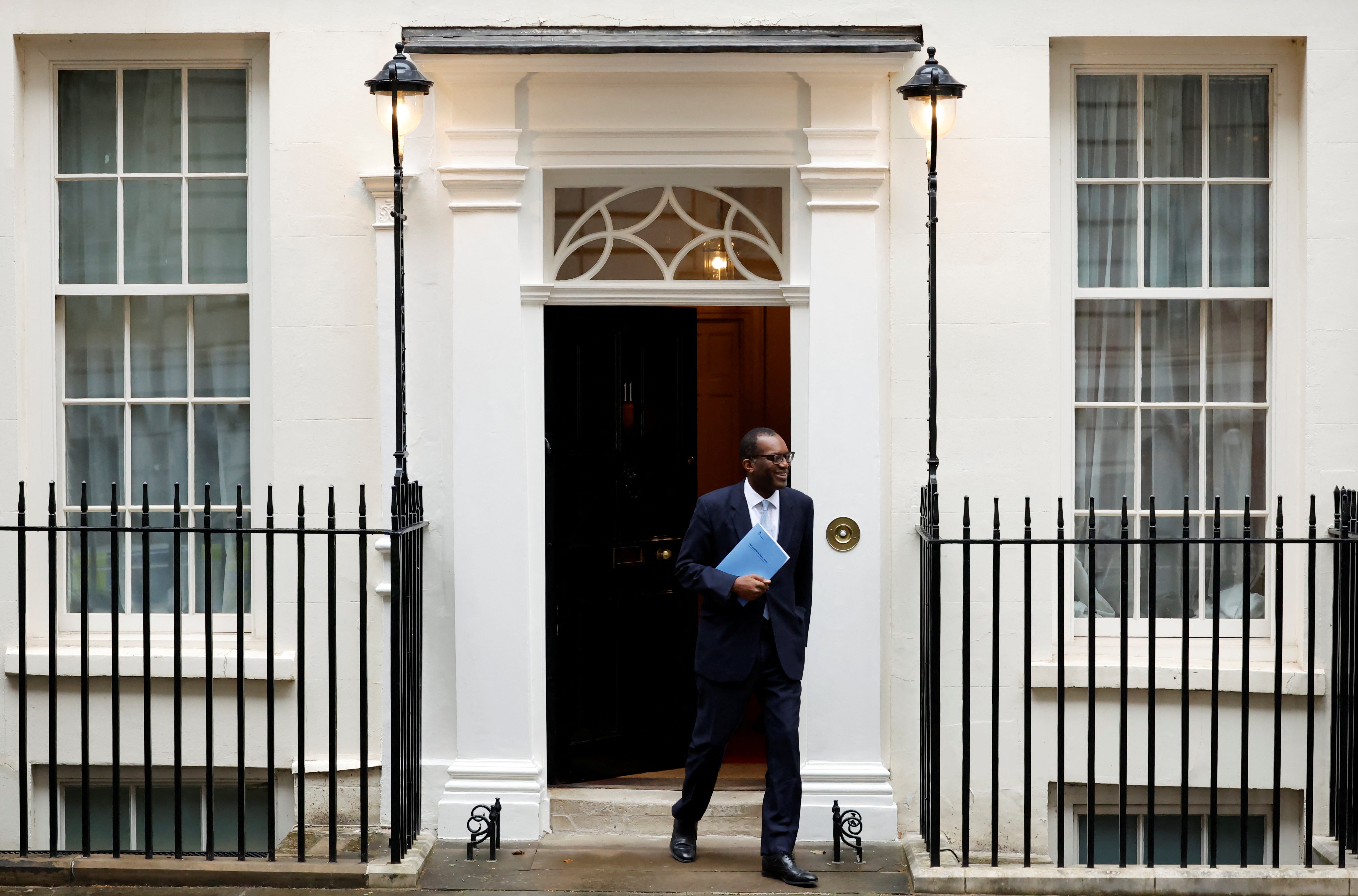Huge, risky and ideological: This is more important than any Budget since 1988
Stand back a moment. This is an experiment conducted in real time, in the world’s sixth-largest economy – an economy that has not been performing very well for the past decade


This is huge. It is more important than any Budget since 1988, when Nigel Lawson slashed tax rates and triggered the so-called Lawson boom. That experiment ended in tears, with a surge in inflation and cutbacks in spending, so the precedent is not good. But Kwasi Kwarteng’s statement is only half a Budget. There is nothing on the spending side, and we have to wait until November for that.
So what do we know?
First, this is very much ideological. Take less money from people, clear away some regulations, and you will energise the economy. Conventional economic models can’t cope with this. Indeed, from the quick bits of analysis that the City economists have done, it won’t work.
They signal that there will have to be cuts in public spending and higher-than-expected interest rates, and that these will offset the sugar rush of the tax cuts. But then, the models have not given a good picture over the past two years, because they have no way of coping with a shock such as the pandemic.
The central banks, including the Bank of England, relied on them and utterly failed to predict the current surge in inflation. So we should be cautious about what the economists say now. As for UK voters, well, they will have an opportunity to show their judgement in a couple of years’ time.
Second, there is another and more immediate audience: the global markets. We – and they – don’t know how much the government is going to borrow over the next couple of years, but we all know that it will be borrowing against a background of rising interest rates. So already, the rate on 10-year UK government debt has risen to 3.9 per cent.
At the beginning of last month it was only 1.8 per cent. That is an enormous increase in the interest bill. It is small comfort that other governments face the same issue, and that the rate of interest on the equivalent US debt is even higher. Money spent on paying interest is, of course, money not available to spend on public services.
To keep up to speed with all the latest opinions and comment sign up to our free weekly Voices Dispatches newsletter by clicking here
Third, if the government is paying more to borrow, so will we all. The current outlook shows the Bank of England’s interest rate rising above 4 per cent next year. Now, after these tax measures, it is plausible that it could reach 5 per cent.
That could crash the housing market, because although the headline level of rates still sounds all right by pre-2008 standards, the absolute level of debt is much higher now than then. And if higher rates lead to a housing slump, then things like the cut in Stamp Duty will have little effect.
Stand back a moment. This is an experiment conducted in real time, in the world’s sixth-largest economy – an economy that has not been performing very well for the past decade. Conventional economics says it is nuts. But conventional economics has a bad record in coping with sudden shocks of which it has no experience. It will be an interesting but scary few months ahead.
Join our commenting forum
Join thought-provoking conversations, follow other Independent readers and see their replies
Comments
Bookmark popover
Removed from bookmarks